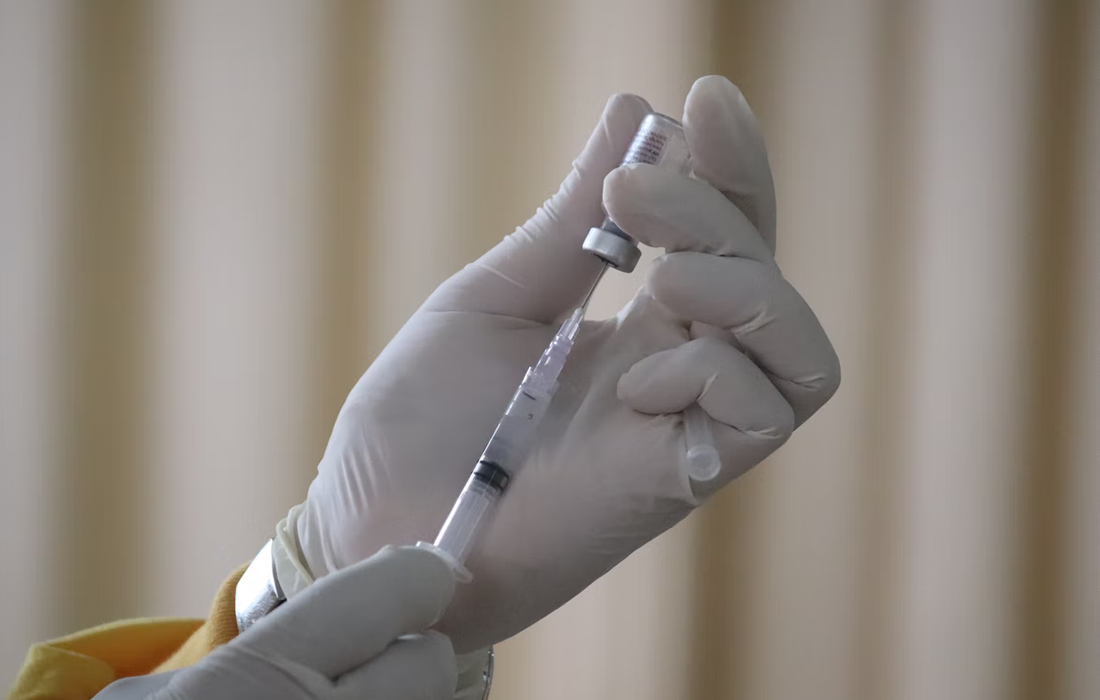Regenerative Medicine News and General Information
Ebola Vaccine Provides Long Lasting Protection
Ebola virus disease (EVD), formerly known as Ebola haemorrhagic fever, is a severe, often fatal illness affecting humans and other primates.
The virus is transmitted to people from wild animals (such as fruit bats, porcupines and non-human primates) and then spreads in the human population through direct contact with the blood, secretions, organs or other bodily fluids of infected people, and with surfaces and materials (e.g. bedding, clothing) contaminated with these fluids.
The average EVD case fatality rate is around 50%. Case fatality rates have varied from 25% to 90% in past outbreaks.
Ebola vaccines are an important strategy to overcome EVD. In a recent study, researchers examined the antibody response in Ebola-vaccinated individuals in the Democratic Republic of Congo (DRC), one of the first places where the disease was discovered. The study results appear in the journal Proceedings of the National Academy of Sciences.
Study Results
More than 300,000 vaccine doses have been administered during the Ebola virus disease outbreaks in the Democratic Republic of the Congo between 2018 and 2020, but studies were lacking.
This study examined the antibody response at 21 d and 6 mo postvaccination after single-dose rVSVΔG-ZEBOV-GP vaccination among EVD-exposed and potentially exposed populations in the DRC.
The study included a total of 608 participants between August and September of 2018. The study participants were contacts or “contacts of contacts” of confirmed EVD cases or frontline healthcare workers in EVD-affected areas.
The participants had follow up visits at day 0, between day 21 and 28 postvaccination and 6 months postvaccination.
The researchers found that female participants were more likely to have higher antibody responses when compared to their male counterparts at the 6 month follow up. Also, younger participants (12-19 years) had the highest antibody response at both 21 and 6 months after vaccination.
According to the researchers the results of this study indicated that antibody response and persistence postvaccination with the Merck(R) rVSVΔG-ZEBOV-GP vaccine was robust.
Although vaccine efficacy could not be calculated with this study, it is a step closer to a wider use of the vaccine, and an important public health measure to further control future outbreaks of the disease.
Sources:
Nicole A. Hoff, et al. Immunogenicity of rVSVΔG-ZEBOV-GP Ebola vaccination in exposed and potentially exposed persons in the Democratic Republic of the Congo. PNAS. 2022. https://doi.org/10.1073/pnas.2118895119
https://www.who.int/health-topics/ebola/#tab=tab_1
Image from:
Photo by Mufid Majnun on Unsplash

